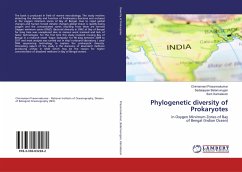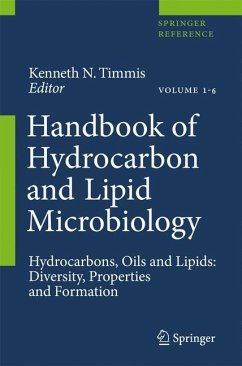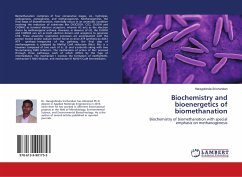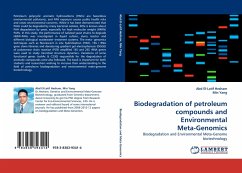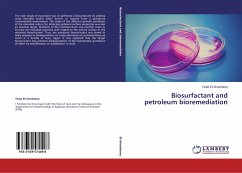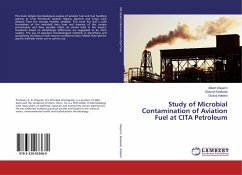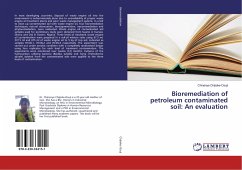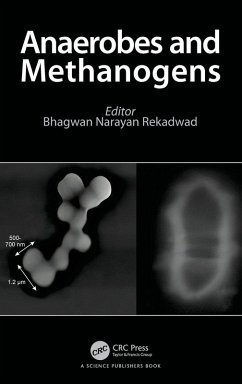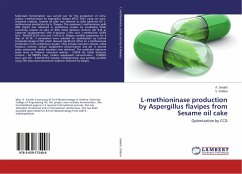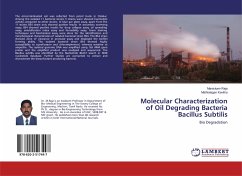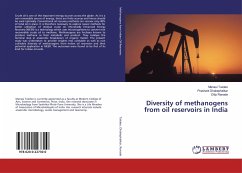
Diversity of methanogens from oil reservoirs in India
Versandkostenfrei!
Versandfertig in 6-10 Tagen
47,99 €
inkl. MwSt.

PAYBACK Punkte
24 °P sammeln!
Crude oil is one of the important energy sources across the globe. As it is a non renewable source of energy, there are finite sources and hence should be used optimally. Conventional oil recovery methods can recover only 40% of total oil in place. It is therefore necessary to explore newer methods for better utilization of residual crude oil. Microbially Enhanced Energy Recovery (MEER) is a technology which uses microorganisms to convert non recoverable crude oil to methane. Methanogens are Archaea known to produce methane as their metabolic end product. They catalyze the terminal step in ana...
Crude oil is one of the important energy sources across the globe. As it is a non renewable source of energy, there are finite sources and hence should be used optimally. Conventional oil recovery methods can recover only 40% of total oil in place. It is therefore necessary to explore newer methods for better utilization of residual crude oil. Microbially Enhanced Energy Recovery (MEER) is a technology which uses microorganisms to convert non recoverable crude oil to methane. Methanogens are Archaea known to produce methane as their metabolic end product. They catalyze the terminal step in anaerobic breakdown of organic matter. The present study was undertaken to provide insights into cultivable as well as non cultivable diversity of methanogens from Indian oil reservoirs and their potential application in MEER. The outcomes were found to be first of its kind for Indian oil wells.



